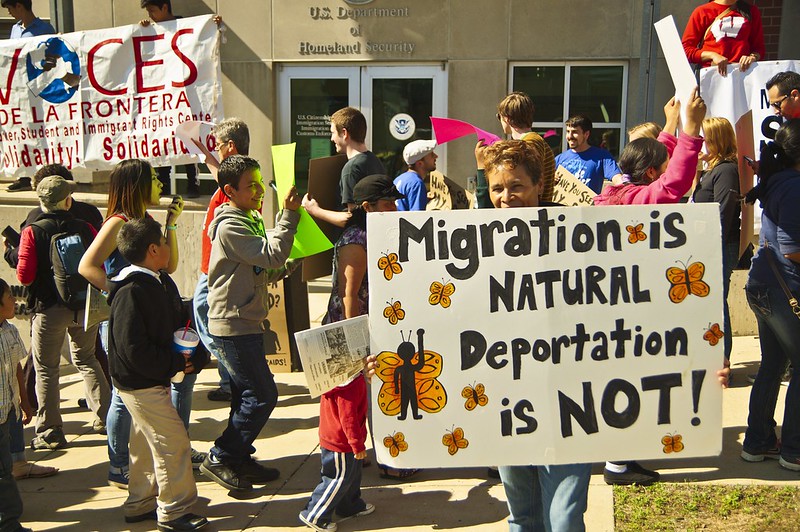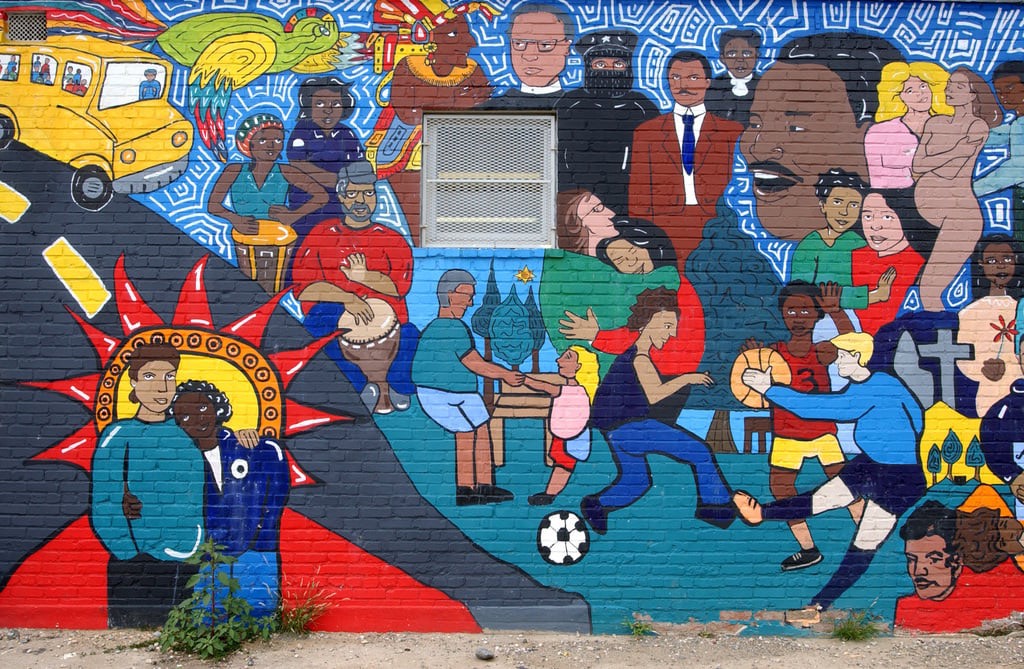Haiti is still facing a large-scale humanitarian crisis, perpetuated by a combination of political instability, gang violence, natural disasters and extreme poverty. As conditions worsen, many Haitians seek refuge and a better life elsewhere, especially in the United States.
The roots of Haiti’s current humanitarian crisis are deeply connected to the nation’s history. After achieving independence in 1804, Haiti was burdened by hefty reparations to France which crippled the economy. Coupled with decades of political instability and natural disasters — most notably the devastating earthquake of 2010 — the nation has been caught in a cycle of crisis.
Today, gang violence reigns, with armed groups controlling large areas of the country leading to rampant kidnappings, killings and extortion. Most recently, heavily armed gang members have attacked central Haiti, killing at least 70 people and leading over 6,300 people to flee their homes.
This lawlessness and the collapse of government services make everyday life increasingly dangerous for the average Haitian citizen. As healthcare, education and food security deteriorate, many Haitians find themselves wanting to leave their country.
More than 700,000 people — more than half of whom are children — are now internally displaced across Haiti, per the International Organization for Migration. That’s a whopping 22% increase since June.
In light of such dire circumstances, migration is a vital option for many Haitians. The quest for safety, stability and opportunity drives individuals and families to seek refuge in other countries.
Recently, there has been a noticeable increase in Haitian immigrants to the United States, particularly in regions with established Haitian communities. Springfield, Ohio, known for its history of immigrant integration, has become a popular destination for Haitian migration.
The influx is motivated by the hope of escaping violence and poverty, along with the low cost of living and available work opportunities. The existing Haitian community in Springfield acts as both a beacon of hope and a supportive network for newcomers.
While Springfield is a relatively welcoming community, the flames of anti-Haitian violence and xenophobia have been stoked by Republican presidential candidate and former president Donald Trump and his running mate, J.D. Vance.
Vance circulated false claims that Haitians are eating people’s pets in Springfield. During the Sept. 10 presidential debate between Trump and Democratic nominee and current Vice President Kamala Harris, Trump doubled down on this claim. This accusation, which has been disproven, led to increased hatred against Haitian people.
“You can see it’s pure hatred. They hate us,” said Jims Denis, a Haitian American who moved to Springfield, Ohio, five years ago.
“I take my kids to the park usually; I cannot do that anymore. You know, I have to just stay home and just don’t go out. We used to just go for a walk in the neighborhood, but we cannot do that anymore,” Denis said.
Adam Banks, a pastor at the First Baptist Church of Springfield, spoke about the impact of Trump and Vance’s lies.
“Since the debate, there have been disruptions in the everyday lives of all people in Springfield, Haitian and otherwise. Bomb threats have been cast toward institutions that all of our children and families need: schools, hospitals, grocery stores and City Hall. Though deemed bogus by authorities, these threats have had and will continue to have devastating effects on the mental health of everyone in Springfield, especially our children,” Banks said.
The claims that Trump and his supporters are making about Haitian migrants aren’t just bizarre and eccentric; they’re deliberately following the long-established pattern of Republicans using migrants as scapegoats for problems within our country. Trump and Vance are building up support for their anti-immigration policies by dehumanizing migrants.
It is shocking to see such harmful rhetoric spread throughout the political landscape, and people’s reactions have been rightly upset, but also a bit unserious. Although it’s easy to joke about the absurdity of MAGA’s claims that Haitians are going around eating pets in Springfield, those claims are actually impacting their lives more than we can imagine. How terrifying is it that people are fearing for their lives because of a complete and utter lie?







